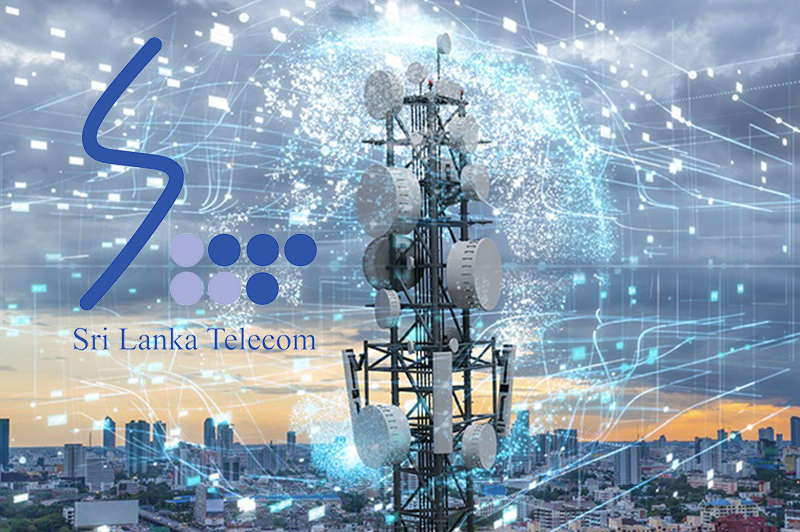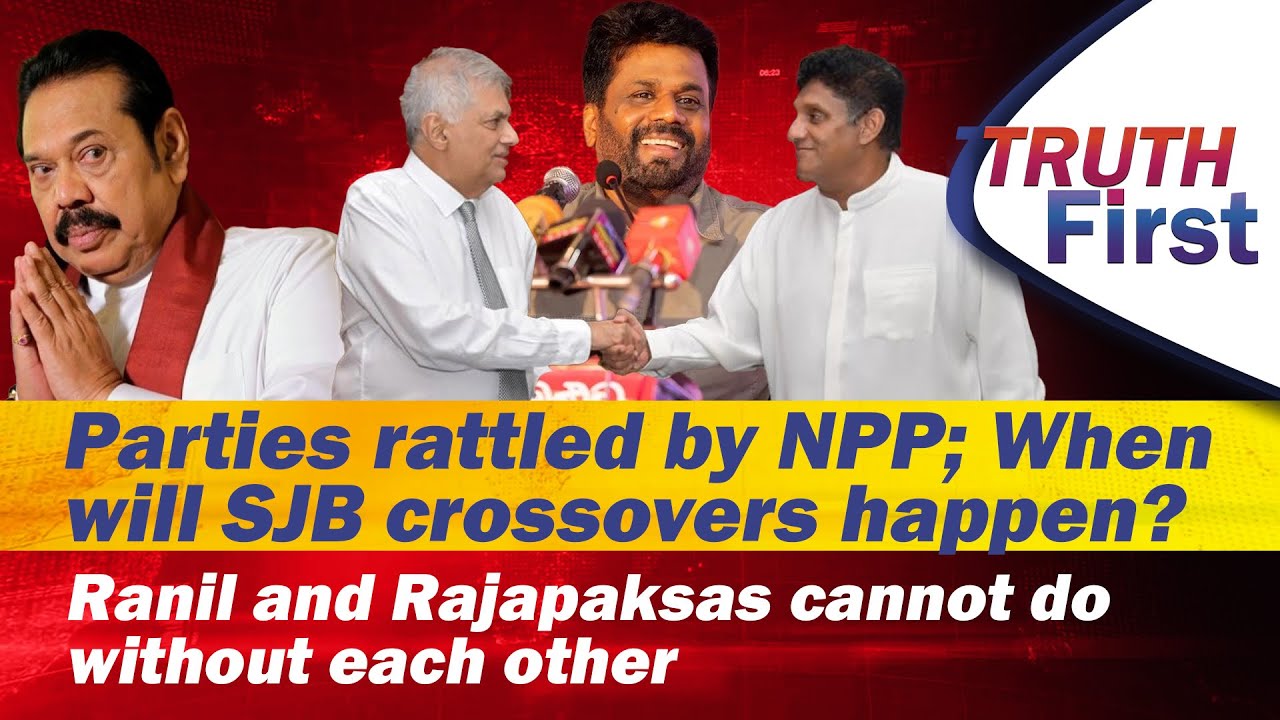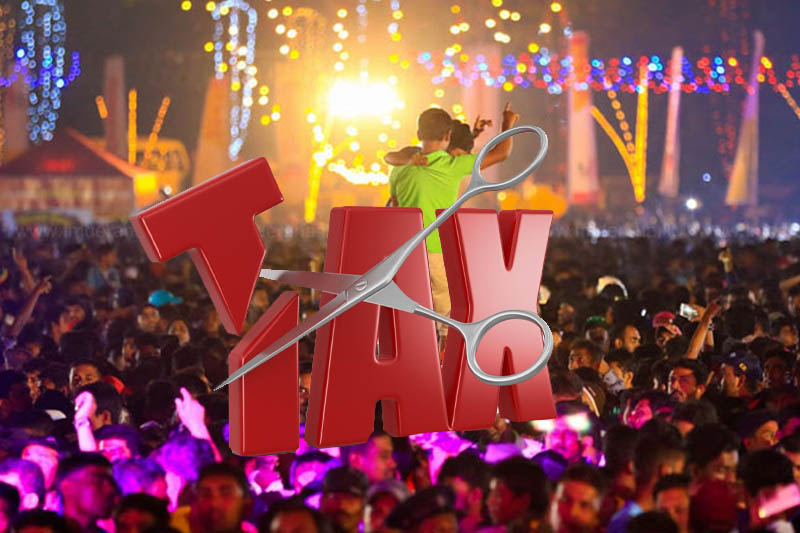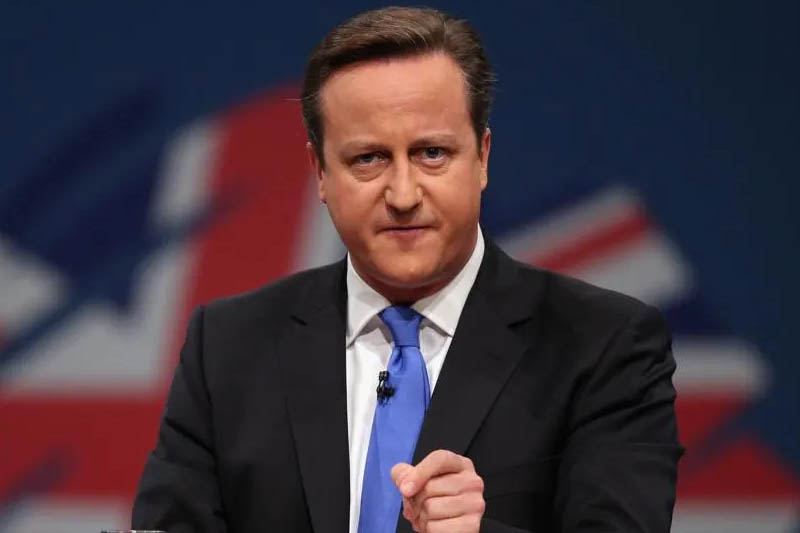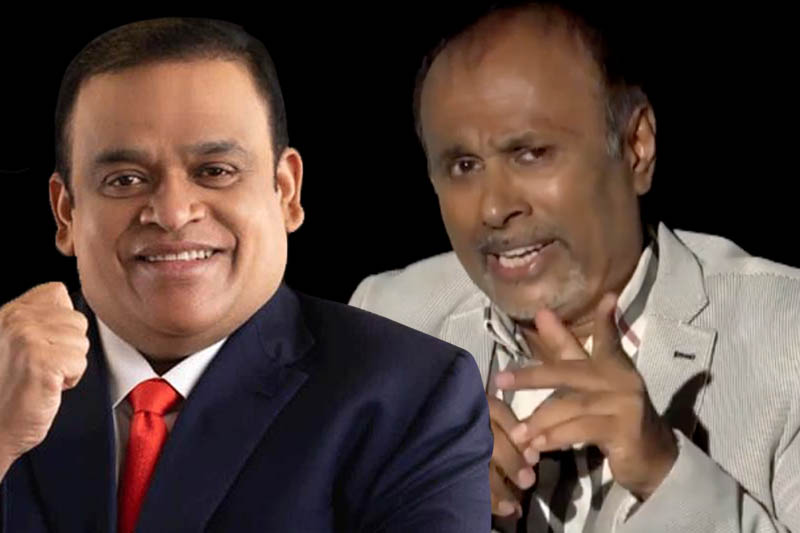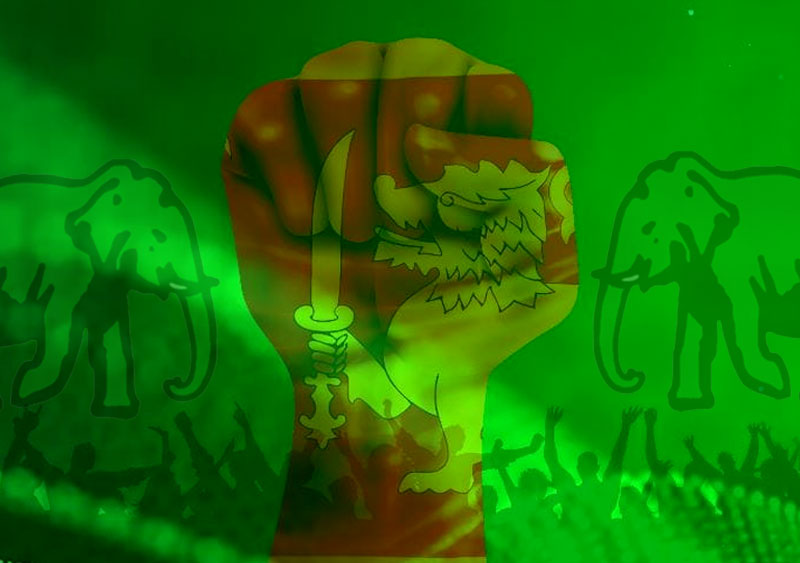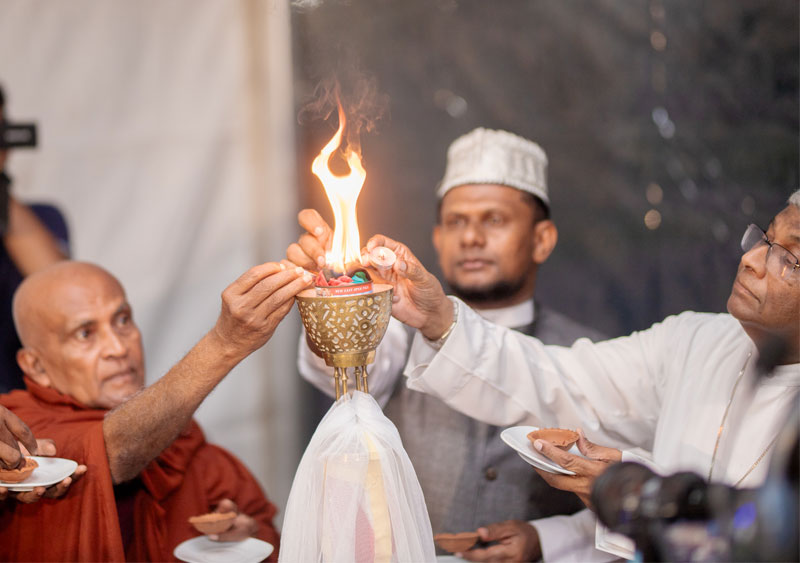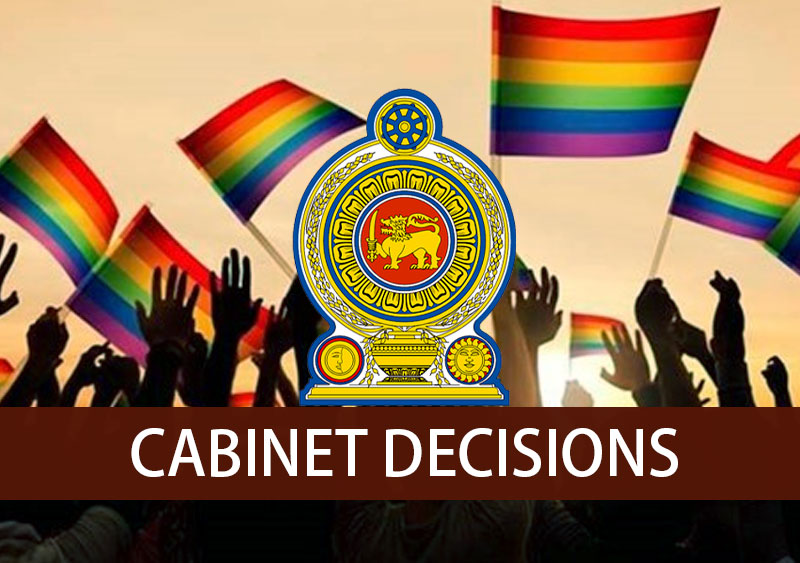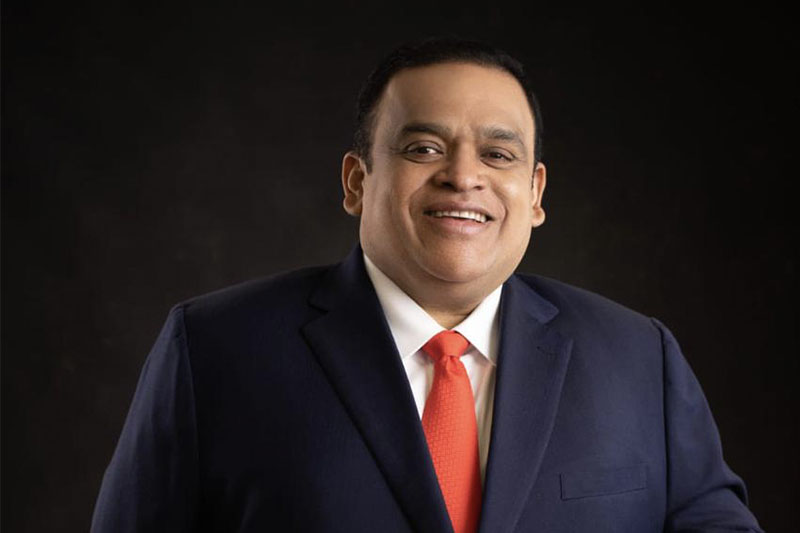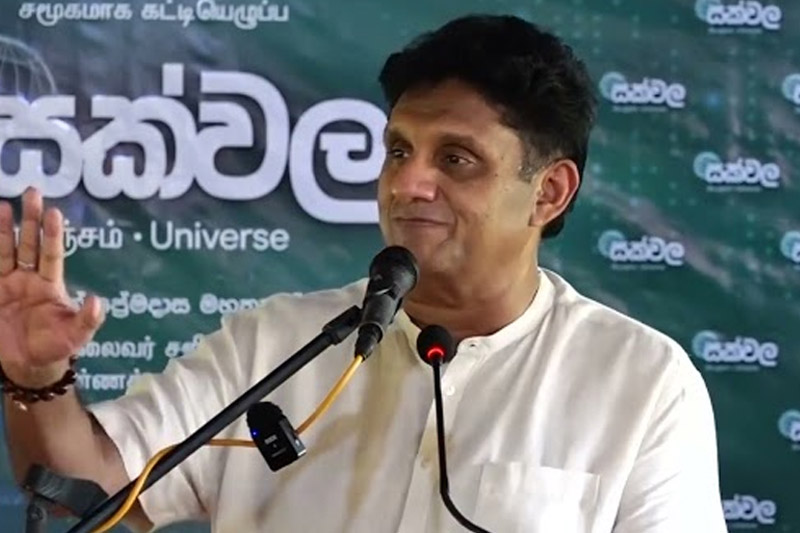The government is unlikely to accept a recommendation by the sectoral oversight committee on national security against privatizing Sri Lanka Telecom.
A further privatization of SLT could threaten national security, said its chairman Sarath Weerasekara tabling a report in the House today (09).
A senior minister said the government has already taken a policy decision to privatize SLT.
A copy of the sectoral oversight committee titled ‘The effects of the privatization of Sri Lanka Telecom on National Security’ has already been sent to president Ranil Wickremesinghe.
The report said SLT is already partially privatized with international companies holding 44.98% of the stake and the government holding 49.5%.
Hence, further privatization would expose the country's critical communication infrastructure/sensitive information to private entities whose profit-oriented interests can compromise national security, said the report.
The report also said that anyone or organization who had been blacklisted, helped terrorists, extremists in any form should not be allowed to buy any share and have any control over the country's national assets.
It proposed that the state can buy back the other large shareholder of Telecom as provided for in the agreement, divide the segments into sensitive & vulnerable, excess lands & buildings, critical infrastructure and the business.
"Whilst retaining the first segments effecting National Security, the state can divest the others holding a major share through Private Public Partnership ensuring critical infrastructure is protected and all government regulations are adhered to. This way the government can exit from doing business whilst making profit and ensuring National Security, the report recommended.
Pointing out that SLT fixed connections are provided to diplomatic missions, high-level public sector cooperates, businesses, defence services, and the police, it noted that there is a high risk of information of ‘important subscribers’ getting leaked out, if the company is privatized.
“Voice and data could be passed to a third party both locally and overseas.”
If the privatization move goes ahead, the report said the government would lose control and will be impossible to understand which subscribers are tapped and monitored and the call detail records of VVIPs and security agencies can be easily extracted from billing systems/network elements and passed to wrong hands.
It noted that in the mobile network, without the knowledge of the user, the private operator can also do geo fencing (allow or disallow certain areas), know the location of SIM card user, track the path, get browsing data, switch off a mobile device remotely using MDM software.
The report stressed that the government must ensure that non-state actors do not have easy access to vital information that can be detrimental to national security.
“National Security is not only the protection against military attack, but it involves non-military dimensions such as economic security, energy security, food security, etc. and most importantly cyber security.”
Further, a successful cyber-attack on telecommunications could disrupt service for thousands of phone subscribers, deny internet to millions of customers, cripple business, shut down government operations gravely affecting the national security.
Private companies may not commit funds to ensure adequate counter measures cyber-attacks (such as firewalls, electronic surveillance and access control devices) as national security is not their priority. “Private companies have a legal obligation to maximize profits for their shareholders and as such will not operate in the public interest.”
Related News:
Parliamentary committee recommends not privatizing SLT

